Energy Savings Tips for Renters
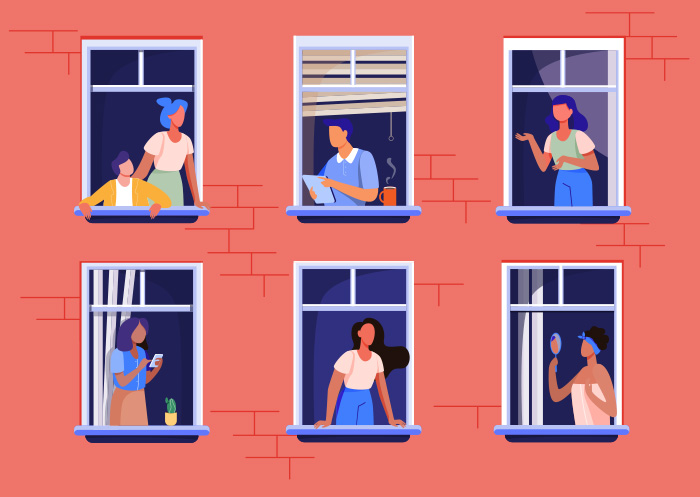
MOST ENERGY-SAVING TIPS focus on big-ticket changes like heating, cooling, upgrading insulation and major appliances. While these types of changes offer excellent long-term energy savings, they tend not be an option for a large group of energy consumers: renters. "Renters usually can't make drastic changes to the living space, and thus are limited in what can be done to make the home or apartment more energy efficient," notes Energy Saver, a Department of Energy blog.
But that doesn't mean renters can't save energy and money. By doing things a bit differently around the house and making a few more efficient purchasing decisions, renters can reduce their energy consumption significantly.
Wash clothing in cold water
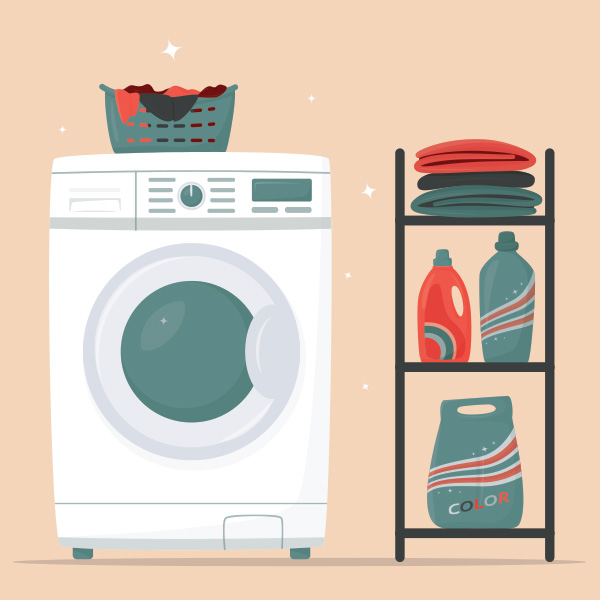
After space heating, water heating is the second highest source of home energy usage. Setting the washing machine to cold not only reduces that load’s energy use by more than half, it also extends the life of your clothes. To get the most out of your cold-water wash, switch to a cold-water detergent.
Air dry your clothing
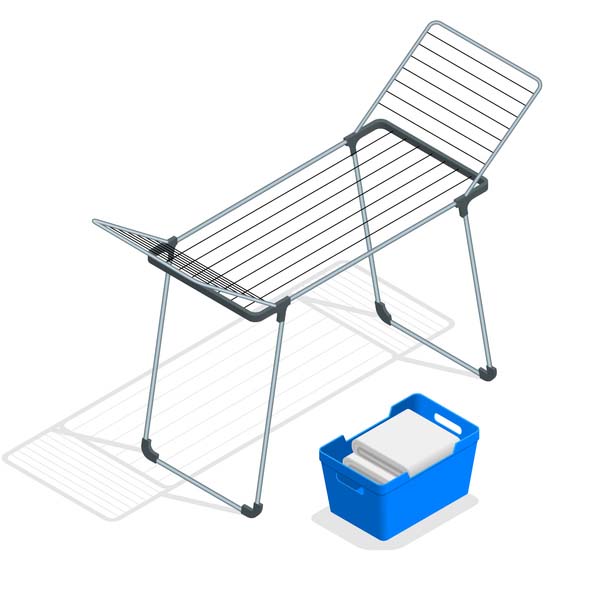
When it comes to energy use by appliances (aside from HVAC and hot water), clothes dryers are number 1. If you have the room, consider purchasing some drying racks to air dry clothing indoors. This has the additional benefit of adding humidity to the air during our dry New York winters.
Use window drapes/shades to get the most from the sun
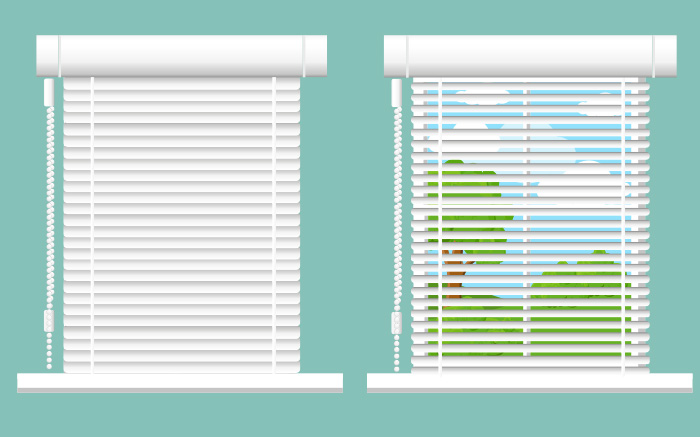
Window shades and drapes aren’t just for privacy; they can also have a significant effect on indoor air temperature. Open shades and drapes on sunny days to warm your home naturally. Close them if you need to cool down.
Adjust your ceiling fan
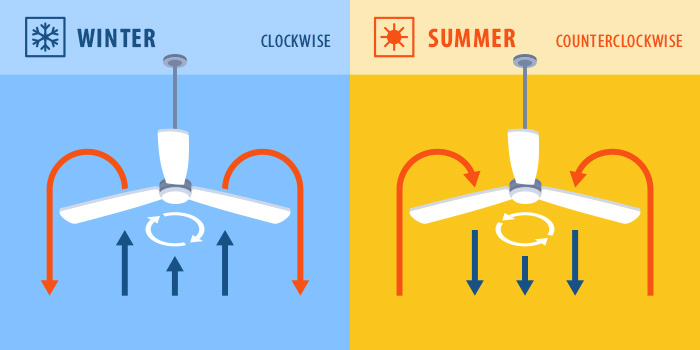
Did you know most ceiling fans are reversible? Adjust your ceiling fan’s direction; clockwise during colder times (to circulate warm air throughout the room), and counterclockwise as it warms up (to create a cooling downdraft). And be sure to turn the fan off when the room is unoccupied — fans cool or warm people, not spaces.
Get better bulbs
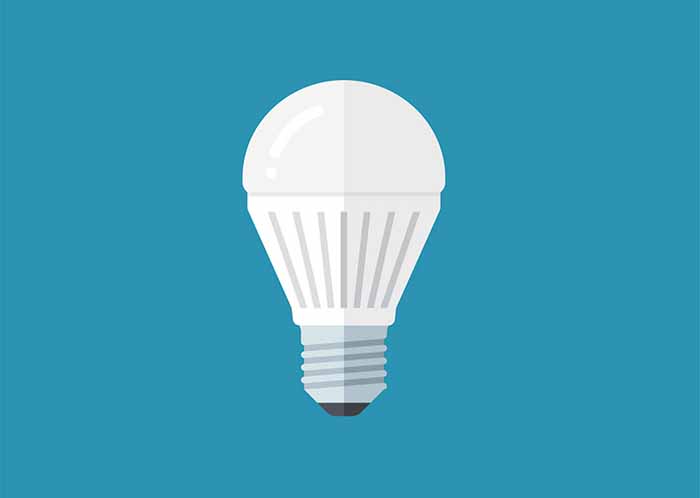
Use LEDs for any lights you’re responsible for changing. Ninety percent of the power consumed by an incandescent light bulb is wasted as heat. LEDs use 75 percent less energy, and last up to 25 times longer, and stay cool to the touch. Save $90 a year by switching your six most used bulbs to LEDs.
Pull the plug on energy vampires
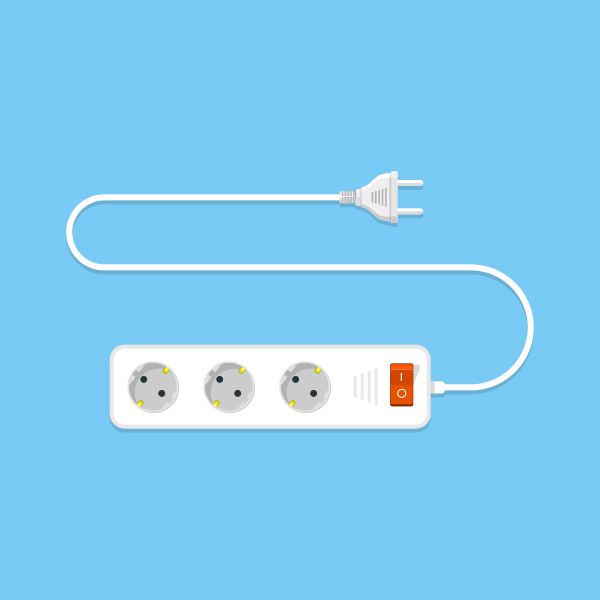
 An increasing number of devices draw power even when powered off. Some of the biggest offenders include televisions, cable boxes, desktop computers, and gaming consoles. All told, these “vampire loads” account for up to 10 percent of home-energy use, according to U.S. Department of Energy. One step you can take is to unplug devices when not in use, especially phone or computer chargers connected to a device that’s already fully charged or dangling from the wall charging nothing while still drawing power. Smart power strips can further reduce vampire loads by cutting power to unused devices automatically. They cost slightly more than their non-smart counterparts, but given the amount of power they save, can easily pay for themselves over time.
An increasing number of devices draw power even when powered off. Some of the biggest offenders include televisions, cable boxes, desktop computers, and gaming consoles. All told, these “vampire loads” account for up to 10 percent of home-energy use, according to U.S. Department of Energy. One step you can take is to unplug devices when not in use, especially phone or computer chargers connected to a device that’s already fully charged or dangling from the wall charging nothing while still drawing power. Smart power strips can further reduce vampire loads by cutting power to unused devices automatically. They cost slightly more than their non-smart counterparts, but given the amount of power they save, can easily pay for themselves over time.
Add weather stripping to doors and windows
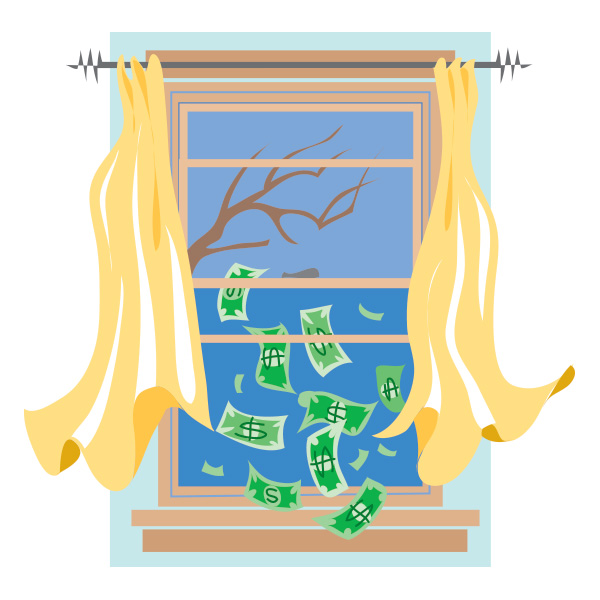
Sealing the cracks around windows and doors is a relatively low-cost way to save energy (an estimated 5-10 percent annually), especially in an apartment with older windows or a door facing outside. Common types of weather stripping include foam and rubber strips that can be cut to size and taped along the seams in doors and windows, as well as sweeps that fasten securely to the bottom of doors.
Go solar
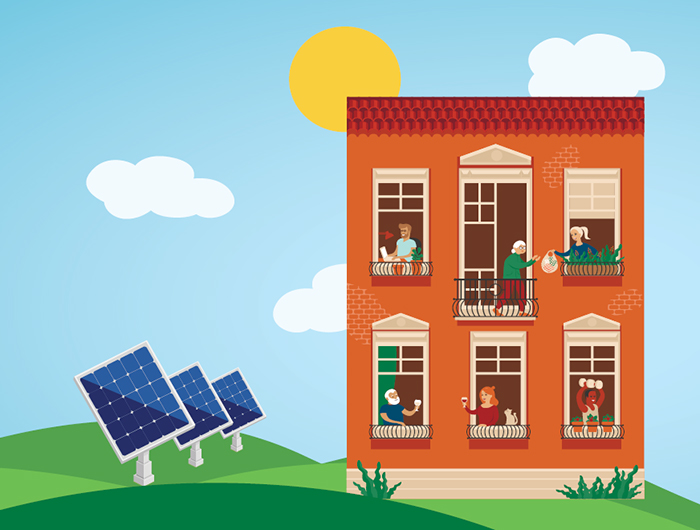
Solar power used to require installing panels on the roof or in the yard. Thanks to community solar, anyone can tap into the sun’s power without the need to install anything. This program lets anyone who pays an electric bill sign up with a local solar farm. Each customer is assigned a certain amount of panels, which generate energy that the solar farm applies toward your Central Hudson bill as credits. You save money because you pay the solar farm 90 cents for every $1 credited toward your electric bill. Learn more and subscribe.
Conclusion
As a renter, the choices you make can save a significant amount of energy and money. Beyond that, consider sharing information about potential energy-saving upgrades with your landlord. Central Hudson has a range of programs that offer big incentives for heating systems, hot water heaters, smart thermostats, and more. Changes like this will decrease energy use by you and future tenants, saving money for years to come and making your rental a more efficient and desirable place to call home. Visit our incentives page to learn more.


